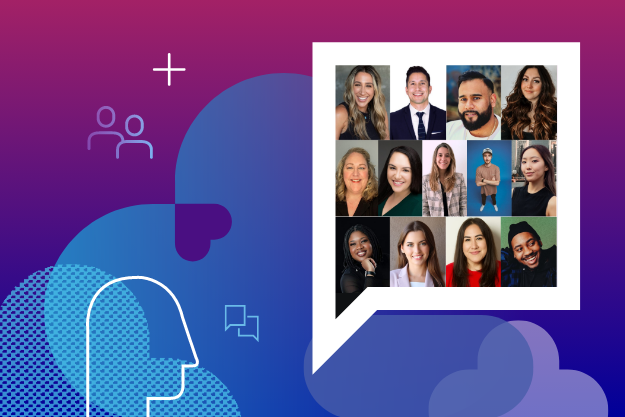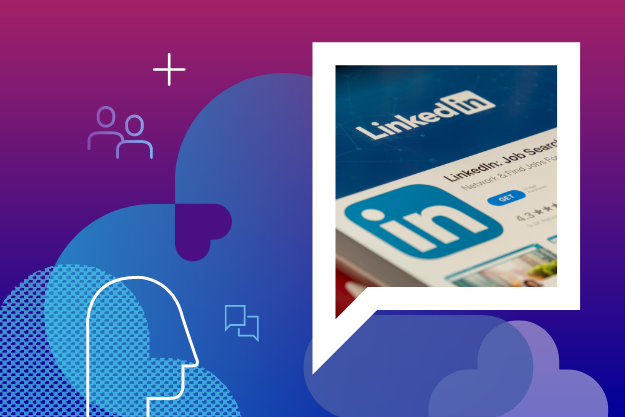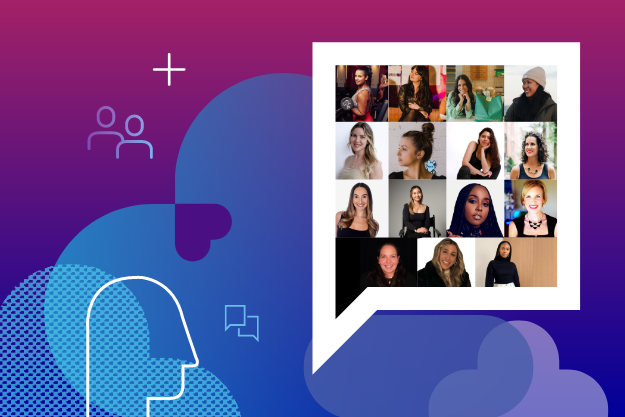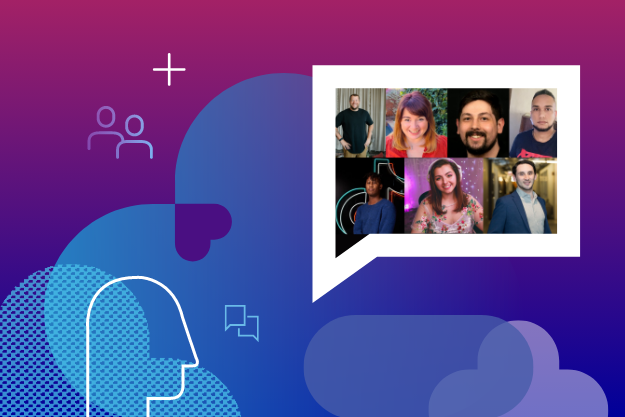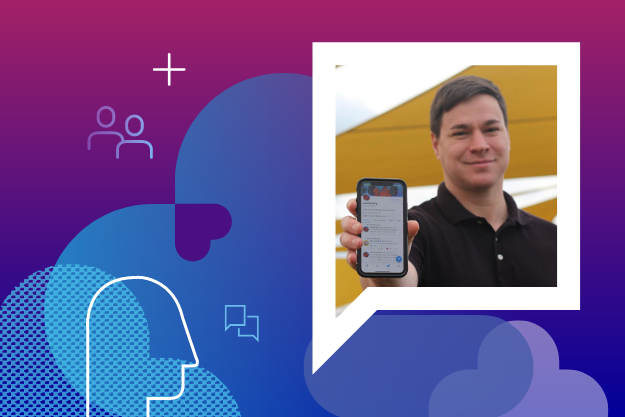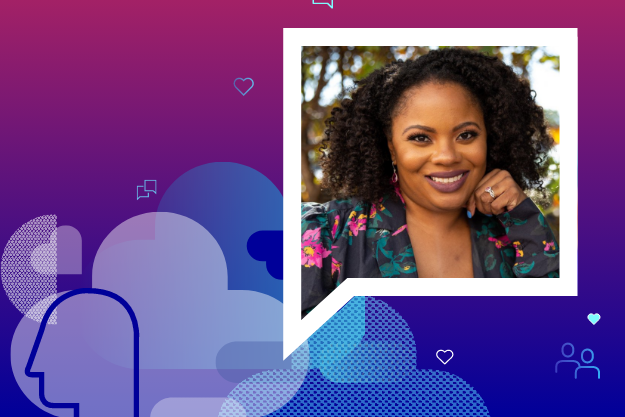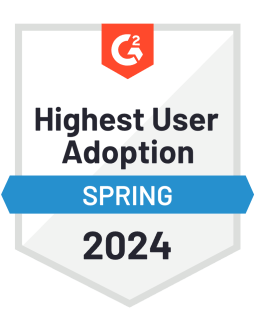It can be a challenge to keep up with all of the AI tools available today and how they’ll actually impact your business. Along with generative AI, conversational AI is one of the most important types for marketers and eCommerce professionals to be familiar with.
Brooke Sellas is CEO and founder of social media agency B Squared Media. With 15 years of experience under her belt, Brooke is well versed in digital marketing — and how quickly the industry changes with the introduction of new technologies.
Expanding on her recent newsletter article, Brooke shared her insights on the potential impact of conversational AI on social media marketing and customer care.
We’d love to get to know you! Tell me a bit about your work at B Squared Media.
B Squared Media turns 12 next May! We’ve always been a social-first agency, offering social media management services to our clients. Over the past six years or so, we’ve focused a lot on social care, because people would rather go to social with a service request than pick up the phone or send an email. As the younger generations come into buying power and boomers are slowly fading out, I think this is something that we’ll see a lot more of. I love using social media in a way that actually values the customer instead of using it like a broadcast platform.
How would you describe conversational AI and its purpose?
Conversational AI isn’t the future; it’s already been happening and is happening now. Essentially, it’s pieces of technology that allow computers to understand, process, and respond to human language. Take an AI-powered chatbot — it identifies key words in human language and responds in a natural way, so it seems like it’s human. It can work really well, or it can also be very bad.
Your employees may only work Monday through Friday, 9 to 5, but a bot could answer frequently asked questions 24/7. And it's going to do it with 100% accuracy. It doesn't need a break, it's not going to ask about benefits, it's not going to need to get paid more for working on the weekend or the holidays. I think it's a really important way to extend the life of your customer care, but I also don't think that you should hand care completely over to AI.
What we’ve seen with some of our clients is that customers seeking support for a complex issue may already be frustrated or upset, and AI-powered bots can actually make them more frustrated. So, you should be careful about how you implement AI — we need a certain amount of empathy that comes along with those conversations, and a bot may not have that. It's really important to educate yourself before you just throw one out there.
What’s an example of conversational AI in the marketing industry you’d highlight?
My favorite one is Sephora’s bot. I'm a Sephora customer, and their bot is so cool because it goes beyond answering frequently asked questions. I can tell the bot I’m a bright winter in terms of my coloring, and it can recommend the best lipstick for my skin tone, for example.
The bot also uses information you add to your profile within the Sephora app — it’ll say, "Hey Brooke, I see you’ve bought this color foundation, here’s a lipstick that might work well with it for you." I think that’s a really cool way to mitigate privacy concerns, to actually use a user’s data to do something innovative and different.
Spotify Wrapped does something similar, giving users a unique playlist based on what they like and sharing an overview of their listening history. In these types of situations, customers are saying, “Yes, take my data,” because they’re getting something cool from it. If you can find a way to use your customers’ data in an innovative, intriguing way that makes their lives better, it’s easier to avoid the whole “I don’t want to give you my data” argument.
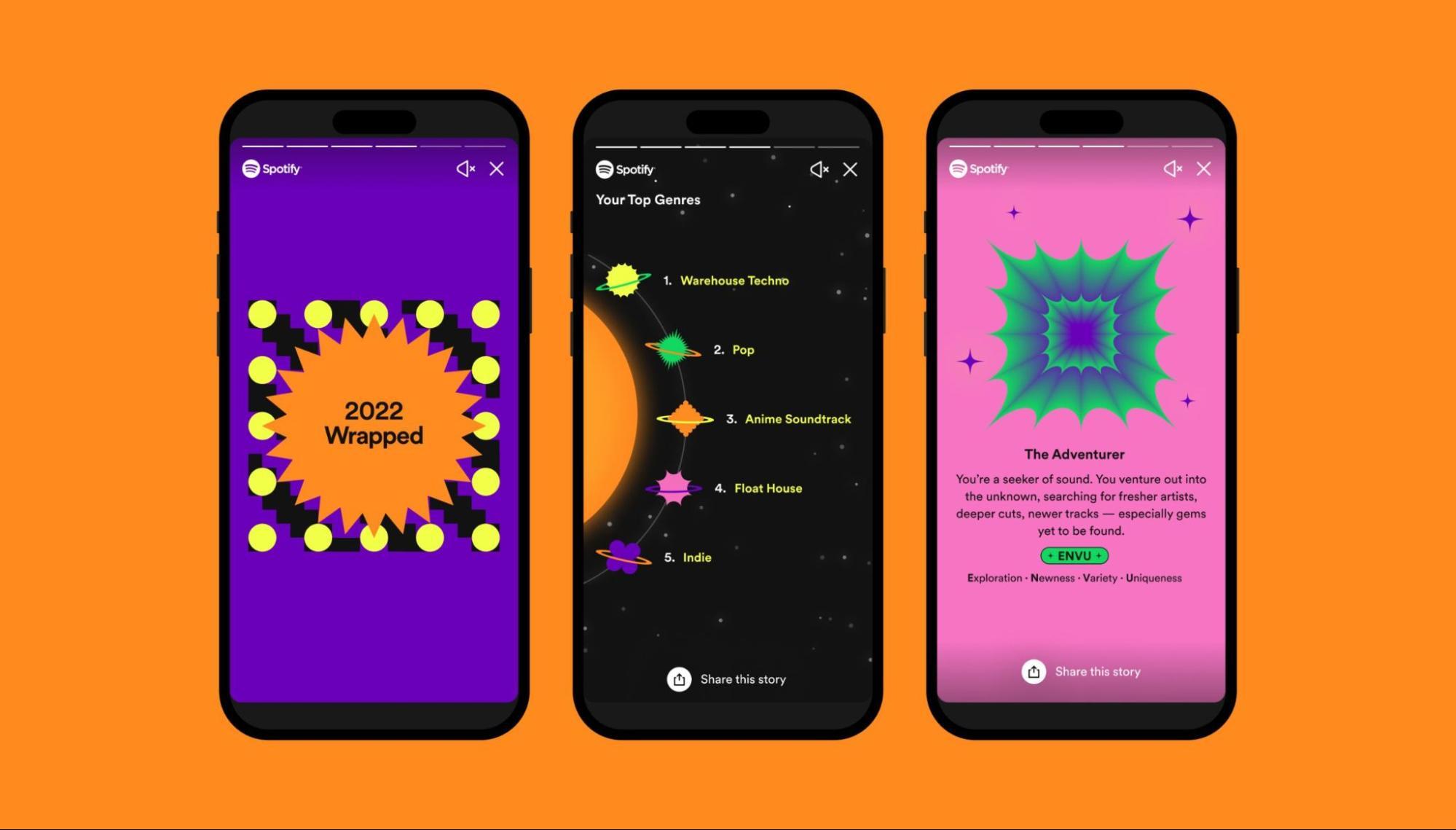
If we want to get really nerdy, we can say what it is, which is predictive modeling through AI. That's a really cool way of taking data and doing something that your customers will appreciate and, therefore, will continue to give you their data because you're giving them these wonderful returns.
We’re always hearing about how AI is the “next big thing” and how marketers and eCommerce executives need to have it on their radar. Do you have any actionable tips on what brands should be doing to prepare and stay up to date?
The best advice I would give is to form an AI counsel. So, find people within your company who are interested in AI and start sprinting tools. First, ask, “What are we trying to do with AI?” Just because a product incorporates AI doesn’t mean it’s going to be good. Think about how it can make your business, your services, or your products better.
When you’re thinking about how you’ll use AI, it doesn’t always have to be client-facing. I could write a rough draft based on a theme and a specific goal, and AI could come up with an outline (which typically takes the longest for our writers). I would never just publish what AI spits out. Bad idea. Another use case would be social listening, using AI to identify positive and negative sentiment. Or, every time a customer mentions product A in conversation, product B inevitably gets mentioned. This kind of analysis is something that would take a massive team of humans months to figure out, but AI can do it in seconds.
Here’s a tip: take all of the online reviews about your product or services, from Yelp, Facebook, Google, etc., and pop it into a spreadsheet. Run that through an AI tool and ask, "What are the top three positive sentiments about our brand?” “What are the three most common problems?" and “What gaps and patterns can we see?”. It’ll start spitting out that data, and all of a sudden you can see exactly what your brand is good and bad at through the voice of your customers. Like, how valuable is that information?
Do you think brands implementing conversational AI risk losing a sense of authenticity and human touch with their customers? How can this be avoided?
What we found in our State of Social Care 2023 report was that marketers understand that social media, customer service, and AI all have to work in tandem. You can’t have all human-run operations or all AI and expect to grow — it needs to be a nice mix of both. AI offers things like speed and correctness, but it can’t add empathy to a conversation, it can’t draw on experience. At some point in the future, it may be able to, but it’s not there yet.
If you use ChatGPT to produce all of your written content, you’re going to sound the same as everyone else who’s doing that too. Always look for ways to add your lens to it; for example, letting AI write your outline or first draft, and then going in to add your own experience and opinions.
With conversational AI, the whole point is the conversation with your customer, right? I would let AI handle some of that, especially when it comes to data collection and personalizing customer support, but I want my human team to be a part of those conversations too. I just don't see how AI can compare.
Connect with Brooke on LinkedIn and X, and check out her weekly newsletter.














